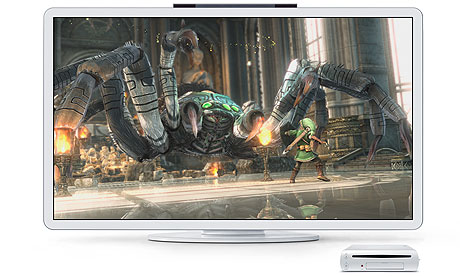five year? really? this is like believeing that the PS3 will last 10 years just because Sony said so.
The GB was sold from 1989 to 1998 (so 9 years) when the GBC was released which that existed until 2001 with the GBA (3 years). So the gameboy as a whole lasted 12 years. Also, they both lasted well into the next generation of handhelds. The GBA was relatively a flop and only lasted til 2004, for 3 years on the market (plus a little extra while it was phased out).
For home consoles, NES was released in 1983 in Japan, and the SNES was released in 1990 (7 years) but the NES wasn't discontinued in Japan until 2003. The N64 launched in 1996 (in Japan again) so that was another 6 years. Finally the GC launched in 2001, for the first console to ever be launched 5 years after the release of the previous system. The Wii repeated that same time span of 5 years.
So, if you actually look at it, Nintendo will gladly have the exclusive life of the system last for 7-10 years. So long as they can continue to put out new experiences on the system, and so long as the consumer buys the product Nintendo will hold off launching a new system. Also, you'll notice the only systems that had a "lifespan" of less than 6 years were those systems that were relative failures.
Existing User Log In
New User Registration
Register for a free account to gain full access to the VGChartz Network and join our thriving community.






















































